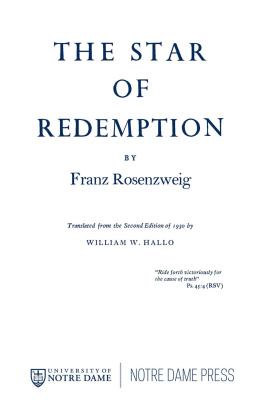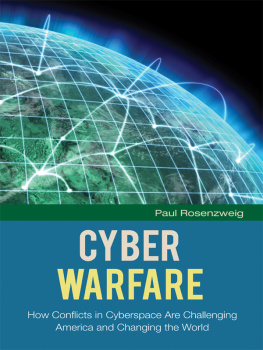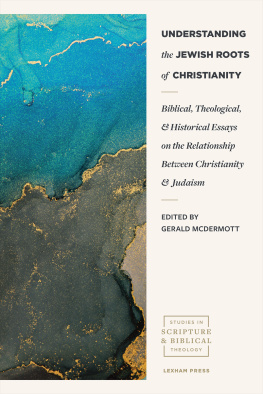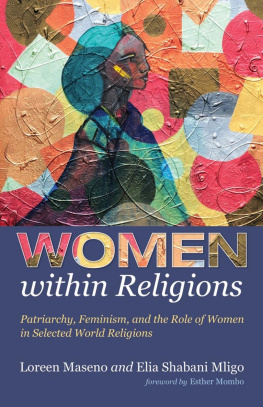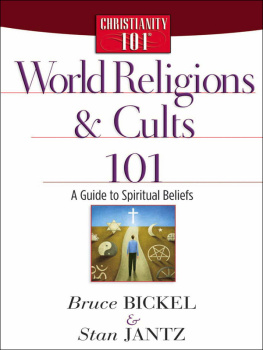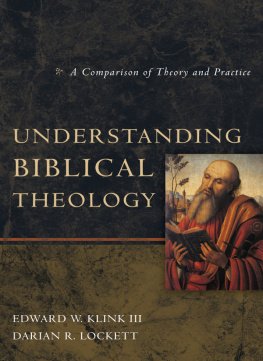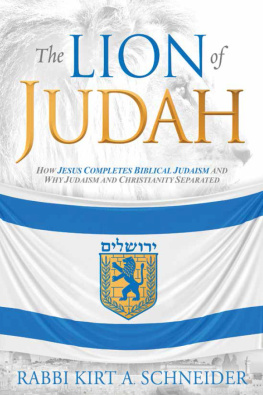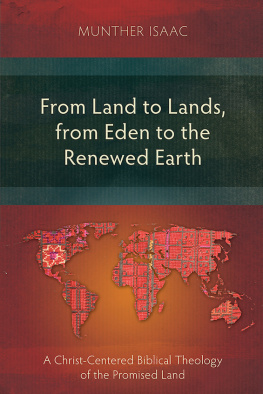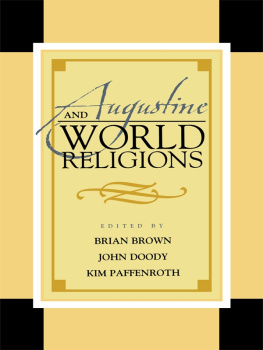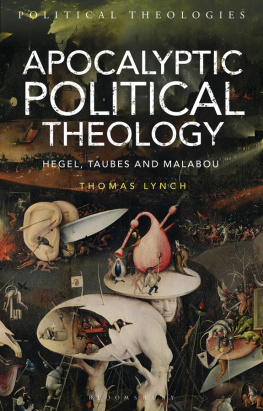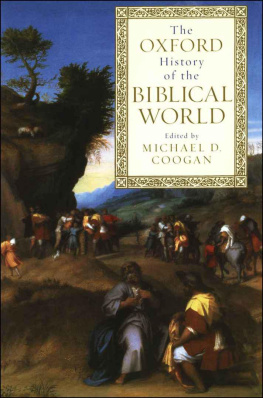Rosenzweig - The Star of Redemption
Here you can read online Rosenzweig - The Star of Redemption full text of the book (entire story) in english for free. Download pdf and epub, get meaning, cover and reviews about this ebook. City: Notre Dame;IN, year: 2014;2016, publisher: University of Notre Dame Press, genre: Science. Description of the work, (preface) as well as reviews are available. Best literature library LitArk.com created for fans of good reading and offers a wide selection of genres:
Romance novel
Science fiction
Adventure
Detective
Science
History
Home and family
Prose
Art
Politics
Computer
Non-fiction
Religion
Business
Children
Humor
Choose a favorite category and find really read worthwhile books. Enjoy immersion in the world of imagination, feel the emotions of the characters or learn something new for yourself, make an fascinating discovery.
- Book:The Star of Redemption
- Author:
- Publisher:University of Notre Dame Press
- Genre:
- Year:2014;2016
- City:Notre Dame;IN
- Rating:4 / 5
- Favourites:Add to favourites
- Your mark:
- 80
- 1
- 2
- 3
- 4
- 5
The Star of Redemption: summary, description and annotation
We offer to read an annotation, description, summary or preface (depends on what the author of the book "The Star of Redemption" wrote himself). If you haven't found the necessary information about the book — write in the comments, we will try to find it.
The Star of Redemption — read online for free the complete book (whole text) full work
Below is the text of the book, divided by pages. System saving the place of the last page read, allows you to conveniently read the book "The Star of Redemption" online for free, without having to search again every time where you left off. Put a bookmark, and you can go to the page where you finished reading at any time.
Font size:
Interval:
Bookmark:

THE STAR OF REDEMPTION
THE STAR OF REDEMPTION
BY
Franz Rosenzweig
Translated from the Second Edition of 1930 by
WILLIAM W. HALLO
Ride forth victoriously for
the cause of truth
Ps. 45:4 (RSV)
UNIVERSITY OF NOTRE DAME PRESS
NOTRE DAME
Copyright 1970, 1971 by Holt, Rinehart and Winston, Inc.
University of Notre Dame Press edition 1985
Copyright 1985 University of Notre Dame
Notre Dame, Indiana 46556
All Rights Reserved
www.undpress.nd.edu
Manufactured in the United States of America
Reprinted in 1990, 1995, 1997, 2002, 2007, 2008, 2014
This edition is reprinted by arrangement
with Holt, Rinehart and Winston, New York
Library of Congress Cataloging-in-Publication Data
Rosenzweig, Franz, 18861929.
The star of redemption.
Reprint. Originally published: New York: Holt, Rinehart and Winston, 1971.
Translation of: Der Stern der Erlsung.
Includes bibliographical references and indexes.
1. Judaism. 2. Cosmology. 3. ReligionPhilosophy. 4. Philosophy, Jewish. I. Title
BM565.R613 1985 296.3 84-40833
ISBN 0-268-01717-4 (cl.)
ISBN 13: 978-0-268-01718-7 (pbk.)
ISBN 10: 0-268-01718-2 (pbk.)
ISBN 9780268161538
This book is printed on acid-free paper.
This e-Book was converted from the original source file by a third-party vendor. Readers who notice any formatting, textual, or readability issues are encouraged to contact the publisher at .
CONTENTS
BY N. N. GLATZER
PART I
THE ELEMENTS
or
THE EVER-ENDURING PROTO-COSMOS
PART II
THE COURSE
or
THE ALWAYS-RENEWED COSMOS
PART III
THE CONFIGURATION
or
THE ETERNAL HYPER-COSMOS
The Star of Redemption is no ordinary book, and its translation is no ordinary task. To do it justice, the translator must approach it more like poetry than like a work of prose. The present translation attempts to retain the rhythmic cadences of the original while, at the same time, reducing its intricate and sometimes almost interminable sentences to manageable proportions. It is faithful to the original, except where a literal translation threatens to introduce ambiguities not intended in the original. Pronouns, for example, have frequently been replaced with their appropriate antecedents to compensate for the loss of inflectional precision common in English. Where the ambiguities are inherent in the German the translation strives to preserve them when it cannot adequately resolve them.
Rosenzweigs magnum opus is, furthermore, a veritable mosaic of citations and allusions. Many of these were identified by Nahum Glatzer in the indexes appended to the second edition which are reproduced, with some additions, here. In particular, Rosenzweig spoke the language of Goethes Faust and other German classics. This language, familiar and pregnant with meaning for his contemporaries, calls for occasional glosses in a modern translation.
Rosenzweigs choice of words was judicious, and many of his points are inextricably imbedded in elaborate figures of speech, including numerous plays on words. Nor was he above taking liberties with the German language. In confronting the peculiarities of style and diction thus presented, the translator may well be guided by Rosenzweigs own principles of translation as set forth in Die Schrift und ihre Verdeutschung, and other essays on the translation of the Bible by Buber and Rosenzweig. The attempt has thus been made, albeit within severe limits, to translate identical German words into identical English words, and their derivatives into English derivatives; to reproduce the plays on words; to render unusual German words and forms into equally conspicuous English equivalents, even when this results in such desperate neologisms as selfication or factualize. Far as I am from attaining it, I have nevertheless striven for Rosenzweigs own ideal concept that the translator, the one who hears and transmits, knows himself equal to the one who first spoke and received the word (below, p. 366).
It is a pleasant duty to thank all those who have helped to make the translation possible: Mrs. Katharine S. Falk who, through the good offices of the National Foundation for Jewish Culture, provided the material support; Mr. Rafael Rosenzweig, who buttressed an old friendship with trenchant advice; the Franz Rosenzweig Fellowship of New York, which has long made the translation of the Stern its major objective; Prof. Maurice Friedman, who first encouraged me to undertake the project; Prof. Nahum N. Glatzer, who guided its progress; and Mr. Joseph Cunneen, who saw it into print. My wife Edith has been a patient and unfailing support throughout the four years that the translation was in preparation, and the three further years that it was in process of publication. Above all, my thanks are due to my mother, Dr. Gertrude Hallo, who read the entire manuscript and supplied numerous invaluable suggestions. Her intimate acquaintance with Franz Rosenzweig, his language and his thought, saved the translation from many errors. Those that remain are exclusively my own responsibility. Hopefully they do not subvert the translators aim: in Rosenzweigs own sense to Americanize The Star of Redemptionnot merely to translate it but to naturalize it in a new environment so that it may help once more to sow the seeds of a rebirth of thoughtful belief.
Some portions of this translation have previously appeared in The Worlds of Existentialism: A Critical Reader, edited by Maurice Friedman (New York, Random House, 1964), pp. 327329; in Christianity: Some Non-Christian Appraisals, edited by David W. McKain (New York, McGraw-Hill, 1964), pp. 191203; and in Great Twentieth Century Jewish Philosophers: Shestov, Rosenzweig, Buber, with Selections from their Writings, edited by Bernard Martin (The Macmillan Company, 1970), pp. 163195; others are based on the rendition in Franz Rosenzweig: His Life and Thought, presented by Nahum N. Glatzer (New York, Schocken Books, 1953, 1961), pp. 292341. These portions are reproduced here with minor modifications and by arrangement with the respective editors and publishers.
The second Notre Dame Press edition reproduces the corrected Beacon Press edition (1972) and incorporates some additional typographical corrections.
June 1990
W. W. H.
by N. N. Glatzer
Franz Rosenzweig published his Stern der Erlsung without any explicatory matter; there was no introduction, no preface, no postscript, nothing that would give some inkling of the background and purpose of the work. Not even a publishers note or jacket copy served to introduce, however briefly, the at-the-time-unknown author. The book, Rosenzweig felt, was to speak for itself; whoever was discontented with prevailing academic philosophies (and theologies) would find his way to it. Furthermore, he was deterred by prefaces to philosophical tomes and their authors clucking after having laid their egg and their discourteous, derogatory remarks directed to the reader who has done no wrong as yet, not even as much as reading the book. When, in 1925, four years after the publication of the Stern, Rosenzweig issued his Das neue Denken (The New Thinking), subtitled Some supplementary remarks to the Stern der Erlsung, he forbade publication of this essay in any further editions of the Stern, either as introduction or postscript.
It was therefore with considerable trepidation that I yielded to the proposal by the publisher of The Star of Redemption to write a prefatory note. For, though several books and a good number of studies and essays on Rosenzweig are now extant, acquaintance with his life and background cannot be taken for granted. Rosenzweig himself abandoned his original position of considering the
Next pageFont size:
Interval:
Bookmark:
Similar books «The Star of Redemption»
Look at similar books to The Star of Redemption. We have selected literature similar in name and meaning in the hope of providing readers with more options to find new, interesting, not yet read works.
Discussion, reviews of the book The Star of Redemption and just readers' own opinions. Leave your comments, write what you think about the work, its meaning or the main characters. Specify what exactly you liked and what you didn't like, and why you think so.

